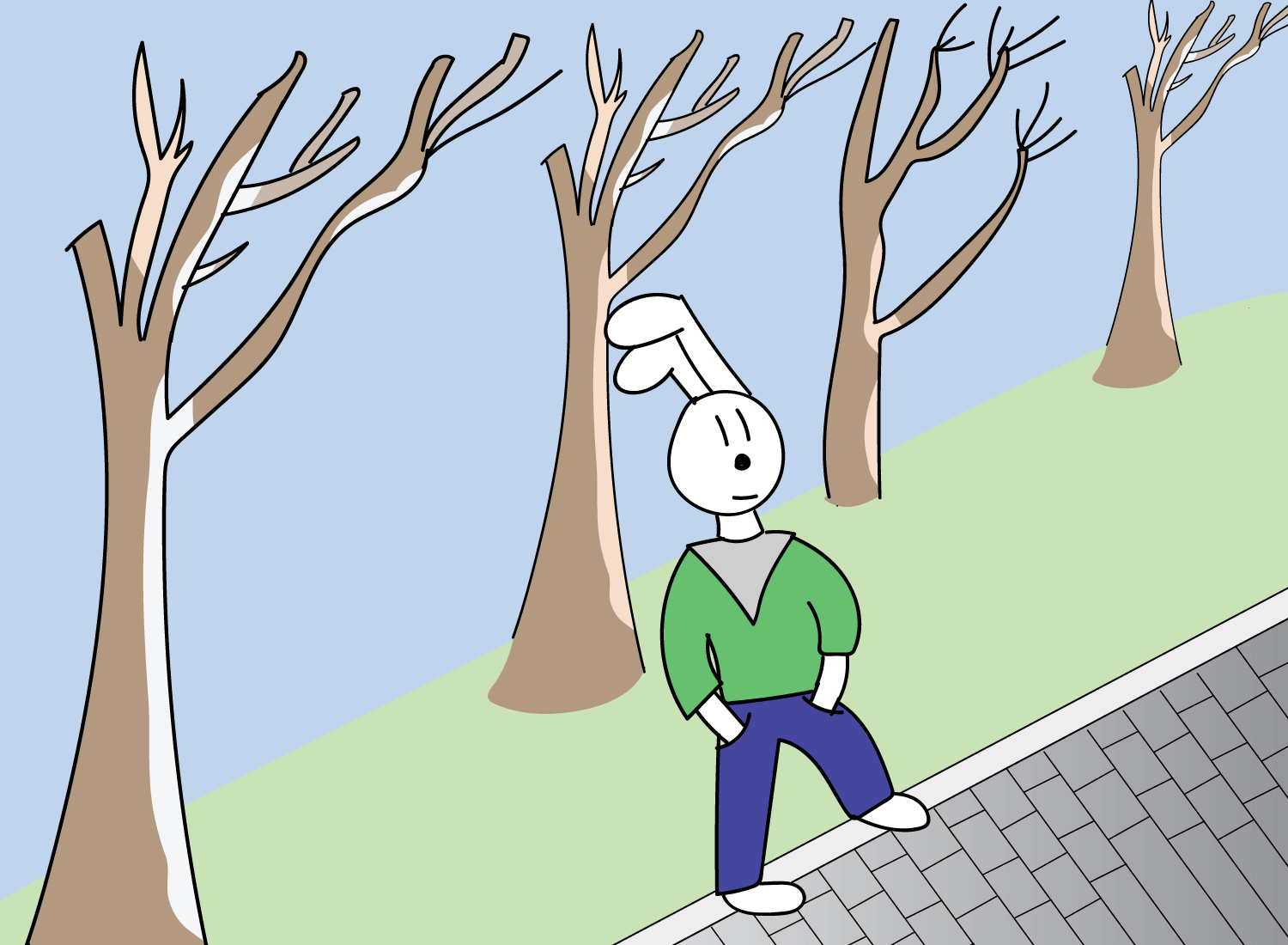Nostalgia and the Cessation of Time
When the sky is gray and the air is misty, nostalgia sweeps over me. There’s something about the coolness of the winds and the moisture of my environment that reliably gives rise to this fascinating emotion.
Perhaps there’s a few moments each year where you feel nostalgic as well. Many of my friends say they feel it in the wintertime (especially during the holidays), while others experience it irrespective of seasonality. To them, it’s a year-round phenomenon that strikes at any moment.
I find nostalgia so interesting because it’s a blend of emotional states that would otherwise be found at opposite ends of a spectrum. It evokes happiness for a particular memory, while also evoking sadness at the realization that it’s in the distant past. It provides a sense of serenity for the present moment, while also introducing a sense of longing for an artifact of time.
It’s that last word – time – that is the key to understanding nostalgia.
On one hand, time is absolute. A second is a second. A minute is a minute. And so on. The hands of a clock move at the same rate for all of us, regardless of what we’re doing.
But on the other hand, time is relative. Einstein expanded on this when he introduced the idea of curved spacetime, where time could be stretched or constricted depending on its relationship with mass. Simply put, time slows down the closer you are to Earth, and hastens the further you are away from it. That’s why people in the mountains tend to age quicker than people that live in the plains.
In both cases, however, time is measurable and set to the same standard. The way we define a second at the ground level is still the same as how we define it in the clouds. We measure both the absolute and relative nature of time through the lens of the same metrics.
The thing that transcends these rigid measurements – and perhaps time itself – is something truly special:
Our attention.
Attention has the amazing ability to play with our perception of time. In the same way that time bends according to its position with mass, it also bends according to the way we spend our attention.
And when it comes to my fondest memories, they’re the ones where my attention fully overrode time.
I find that nostalgia is my bridge to a moment where I was fully present, in every sense of the word. At its core, presence is when your attention is shining so brightly that there’s no room for the question of time. The idea of defining that moment through the lens of hours or minutes would be an absurd proposition.
That’s why childhood memories are popular destination spots for nostalgia. The lack of regimented responsibilities and adherences to a schedule make for many opportunities of full presence of mind. If you had a healthy childhood, I’m sure you travel back there often whenever the conditions for nostalgia are satisfied.
But as we get older, we structure our lives around the rigidity of a clock. It’s no coincidence that the first thing you’re greeted by when you pick up your phone is the hour and minute of the day. We have work meetings to schedule, hangouts to put in the calendar, and routines to live by. Good time management is a reliable signal of one’s efficiency, so it’s no surprise that it’s held up as a modern-day virtue.
This is why nostalgia is often accompanied by a shade of sadness. It’s the subtle reminder that you were once capable of being free of time, and that you were immersed in the fullness of attention. It’s our small way of longing for something like that again, and to somehow import that sentiment into the present moment.
Sometimes, nostalgia is a good indicator for reflection. It can act as a reminder to slow down and take inventory of the things that aren’t bound by the obligations of time. To act as a call for simplicity, and to live according to it.
But other times, nostalgia is just a nice thing to sit with. It’s beautiful that we have the ability to experience the warm past through the visceral present. And it’s through this unique emotion that we’re reminded of the lovely people and experiences that made us who we are today.
_______________
_______________
For three more posts on our odd relationship with time:



